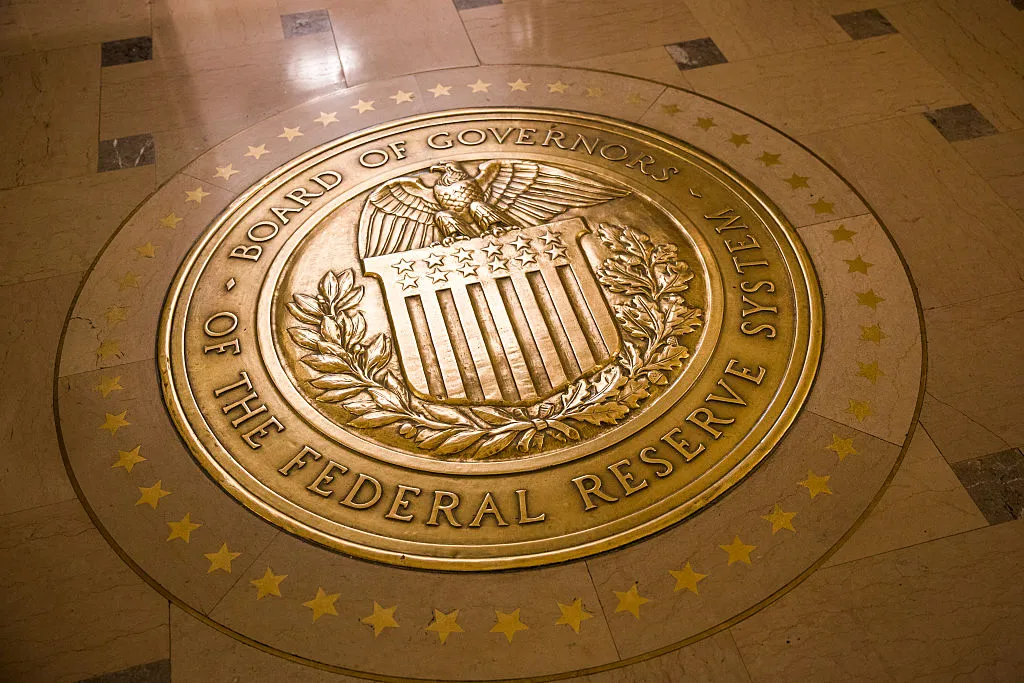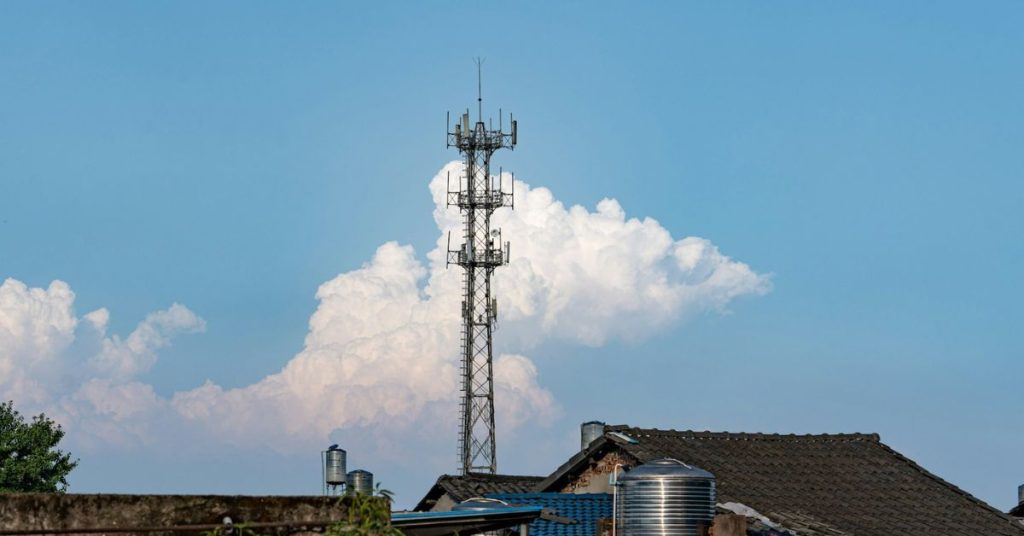Following the collapse of Silicon Valley Bank (SVB) last week, TechCabal reported that some African startups who banked with the now-defunct bank might lose their deposits, especially those whose deposits were uninsured. However, the US government has now assured all SVB depositors of total protection from losses.
The statement, jointly released yesterday by the Federal Deposit Insurance Corporation (FDIC), the Federal Reserve, and the Treasury, carried a clear message: all depositors, whether or not they were insured, would have access to all of their money from today, March 13.
“Depositors will have access to all of their money starting Monday, March 13. No losses associated with the resolution of Silicon Valley Bank will be borne by the taxpayer,” the statement reads in part.
The decision to have a state-backed solution to the SVB crisis follows consultations with US president Joe Biden and recommendations from the boards of the FDIC and the Federal Reserve. Treasury Secretary, Janet Yellen “approved actions enabling the FDIC to complete its resolution of Silicon Valley Bank in a manner that fully protects all depositors”.
A problem only the government could solve?
Last week, SVB, a bank that posed as the best bet for founders and VCs, made huge losses on an $80 billion investment amid lesser deposits and faster cash burn from customer companies. When the public found out, a heated bank run ensued, leading to the bank’s closure by regulators. The lingering problem? Most depositors were fated to lose lots of money, including African startups—many of which are registered as US companies.
Garry Tan, CEO of Y Combinator, a global accelerator with a strong presence in Africa, maintained that the SVB crisis translates into an “extinction-level event” for the startups affected. He called for the US congress to “save innovation” by intervening more decisively to protect startups. Over 600 CEOs and founders signed Tan’s petition, including those at Flutterwave and Brex.
The expanding SVB crisis easily mirrors that of crypto behemoth, FTX, which shut down last year and gulped funds from fledgling African startups like NestCoin and Chipper Cash. Chipper Cash is also named by SVB as one of its customers.
A funding programme
The additional financing will be made available through the creation of a new Bank Term Funding Program (BTFP), which will offer year-long loans to banks, savings associations, credit unions, and other eligible depository institutions. The BTFP will serve as an additional liquidity source against high-quality securities, eliminating the need for institutions to quickly sell those securities in times of stress.
There will also be a $25 billion backstop fund for the BTFP, although the Federal Reserve maintained in the statement that it does not anticipate that accessing this capital “will be necessary”.
“The Board is closely monitoring conditions across the financial system and is prepared to use its full range of tools to support households and businesses, and will take additional steps as appropriate,” the statement reads.



















